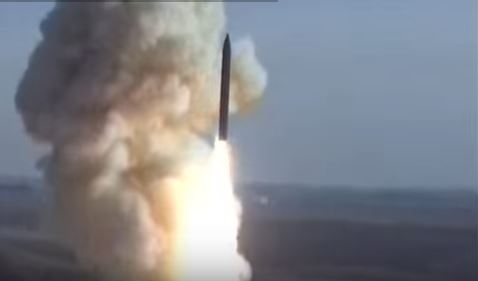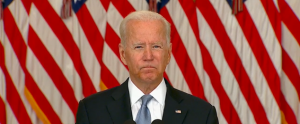
The Times of Israel: Prime Minister Benjamin Netanyahu said on Wednesday that the US had agreed to boost the defense aid it gives to Israel and would ensure that the country maintained its qualitative advantage, even as the defense minister expressed concern that the massive military deal signed between Washington and Riyadh could spark a “crazy arms race.”
A day after US President Donald Trump concluded his 28-hour visit to Israel, the prime minister said that despite the massive arms deal that Trump signed with Saudi Arabia, “the US has pledged to maintain Israel’s qualitative advantage in the Middle East.”
“Three days ago, the US added $75 million to defense aid,” Netanyahu said, speaking at the Knesset at an event to mark 50 years since the reunification of Jerusalem during the 1967 Six Day War.
While thanking the US and its president, who vowed to stand behind Israel, Netanyahu stressed that the lesson of the Six Day War was that only Israel can guarantee its own security.
“We greatly appreciate the important assistance and support,” he said, “but I wish to emphasize once again that history has proven that Israel’s security depends on our preparedness and our ability to defend ourselves, with our own forces, against any threat.”
However, Defense Minister Avigdor Liberman expressed concern with the huge deal Trump signed in Saudi Arabia.
In the first public comment by an Israeli official on the $110-billion US sale of ships, tanks and the latest anti-missile systems to the kingdom, Liberman said he had expressed his concerns in recent talks with White House National Security Adviser H.R. McMaster.
“I’m not at peace with any arms race and the huge Saudi purchase for sure doesn’t add much to our peace of mind,” he said in an interview with Army Radio.
“I’m not at peace with the whole arms race in the Middle East,” he added. “It’s not just the Saudis, it’s also the Emirates, also the Qataris, also the Iranians; they are all acquiring weapons.”
“Weapons deals in the Middle East just in 2016 reached $215-216 billion and this is no small sum,” Lieberman said.
“It needs to be understood that there is a crazy arms race going on, the amount of arms all the players in the region are acquiring and the desire to produce weapons in places like Yemen and Lebanon.”
The Saudi deal, to be phased over 10 years, was announced on Saturday as Trump began a two-day visit to the Gulf state before travelling on to Israel.
US administration officials say it is the biggest single arms deal in American history.
Nevertheless, Liberman said, “We are following developments and are aware and have ways of dealing with this.”
The White House said that in talks with Netanyahu in Jerusalem on Monday, “President Trump underscored the United States’ ironclad commitment to Israel’s security, including to the maintenance of Israel’s qualitative military edge.”
The thrust of the deal with Riyadh aims to help the Saudi military bolster its defences to deter bitter rival Iran and its missile programme, which Netanyahu has said potentially poses an existential threat to the Jewish state.
During his trip, Trump pitched the idea of a coalition of Sunni Arab states against Iran and “Islamic extremism” and said Israel could find a communality of interest with such a grouping.
Israel and Saudi Arabia have no official relations but both have expressed serious concerns over Iran’s nuclear ambitions.
The US package reportedly includes the renewed sale of precision-guided munitions that had been blocked under president Barack Obama’s administration, for fear the Saudis would use them on civilian targets in Yemen, where Riyadh is fighting a war against Iranian-backed Huthi rebels.
The agreement clears the way for the sale of Patriot and Terminal High Altitude Area Defence (THAAD) anti-missile technologies, providing Riyadh with state-of-the-art capabilities that could thwart an Iranian rocket attack.
In March Trump pledged to maintain previous levels of funding to the Jewish state in his first budget proposal.
The budget proposal provides $3.1 billion to meet the security assistance commitment to Israel.
The additional money is for this fiscal year. From next year a 10-year deal agreed under former president Barack Obama will increase US military aid to Israel significantly.
That package, signed by the two parties in September 2016, will grant Israel $3.8 billion annually from 2018 through 2028.




